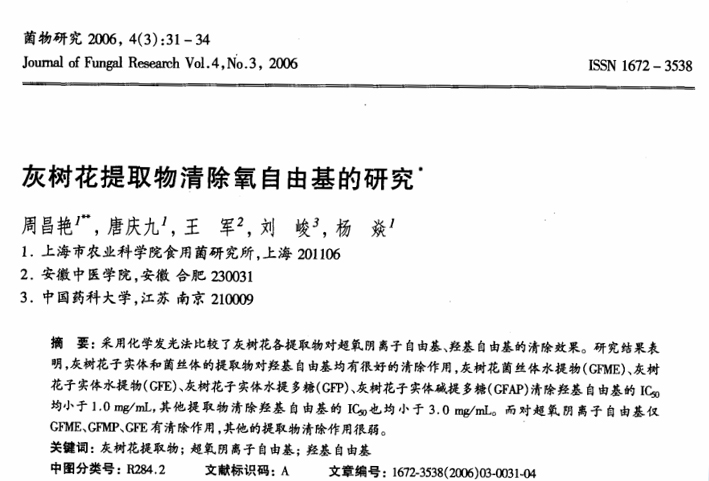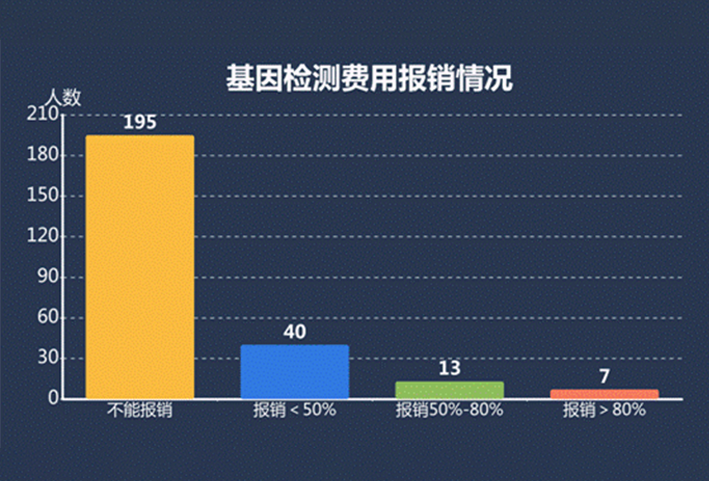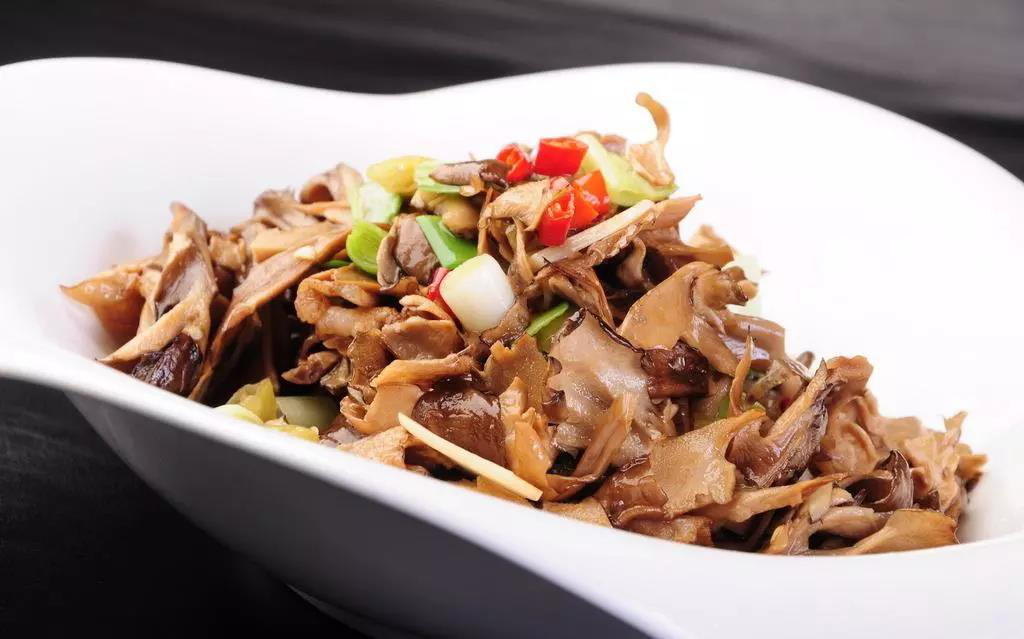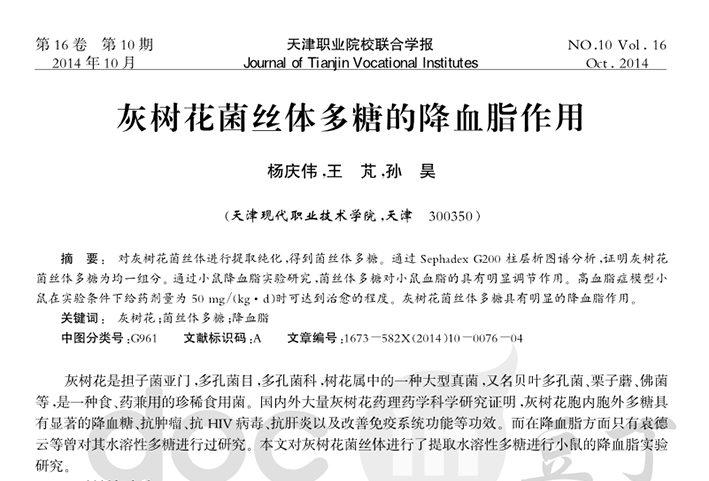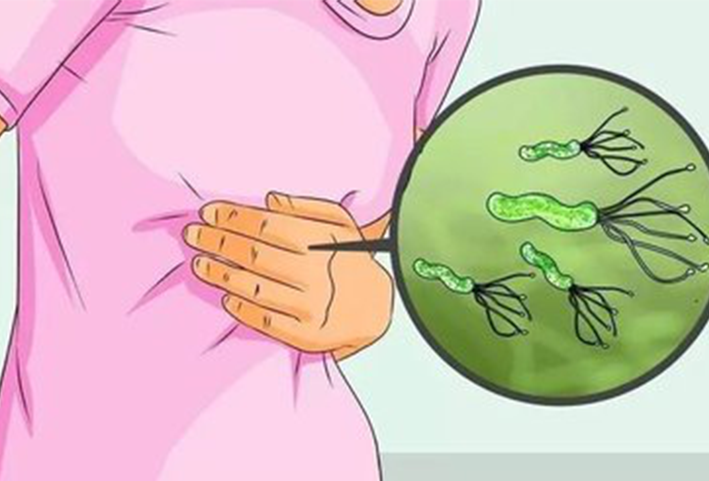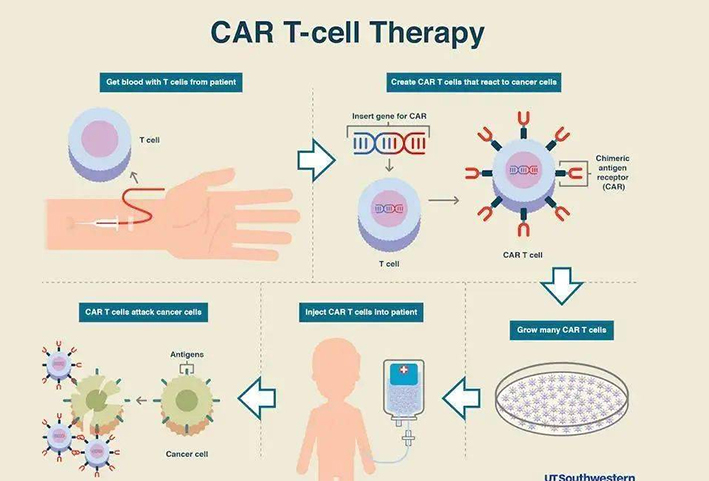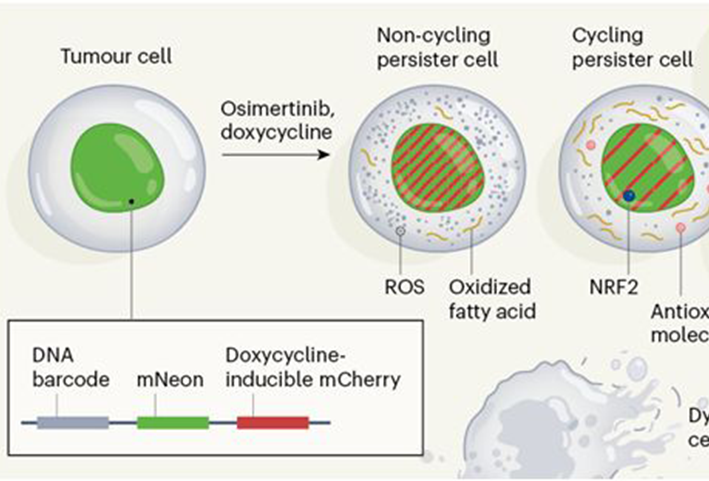Recently, a randomized trial published on support care cancer explored the effects of various cleaning methods on the skin of patients with nasopharyngeal carcinoma (NPC) with acute radiation dermatitis (RD).
A total of 168 hospitalized patients with nasopharyngeal carcinoma were randomly selected, and 152 patients completed the whole trial and analyzed the data. The patients were randomly divided into non washing group (group 1), washing with water only group (group 2) and washing with water and soap group (Group 3). All three groups received intensity modulated radiotherapy (IMRT) and other treatments. Follow up was conducted from recruitment or initial radiotherapy dose to 1 month after the final radiotherapy dose. A range of endpoints were assessed, including incidence rate, duration, severity of acute Rd, and quality of life (QOL).
As a result, there was no allergic reaction or aggravation in both cleaning groups during the whole treatment process. The incidence of acute Rd was 100% in all three groups, while the incidence of severe Rd (grade 2-3) was different among groups (group 1 vs. group 2 vs. group 3: 51% vs. 23.5% vs. 18%; P = 0.001). Compared with patients without washing, washing could moderately reduce the severity. Washing also delayed the onset of acute Rd; During the first 20 treatments, the incidence rate of acute Rd was significantly lower than that without washing (P < 0.001). More importantly, cleaning reduced the incidence of wet desquamation (25.5% vs. 5.9% vs. 6%; P = 0.003) and helped alleviate itching (6.49 ± 2.09 vs. 4.90 ± 1.90 vs. 4.00 ± 1.58; P < 0.001). There was no significant difference in pain or burning sensation between the groups. At the end of radiotherapy, cleaning improved QOL of the body (64.37 ± 4.08 vs. 67.41 ± 4.05 vs. 71.30 ± 4.87; P < 0.001), mood (61.47 ± 4.75 vs. 65.75 ± 3.46 vs. 70.80 ± 3.27; P < 0.001) and social function dimension (62.64 ± 3.57 vs. 64.87 ± 3.88 vs. 68.04 ± 4.89; P < 0.001). The results were similar one month after radiotherapy (P < 0.05). Washing with water and soap was the most effective way to reduce itching and improve QOL in the three groups (P < 0.05).
In conclusion, the results of this study show that cleaning the irradiated skin can reduce the occurrence and severity of acute radiation dermatitis.
Original source:
Qingfen Zhang, et al., What is the appropriate skin cleaning method for nasopharyngeal cancer radiotherapy patients? A randomized controlled trial. Support Care Cancer. 2022 May; 30(5):3875-3883. doi: 10.1007/s00520-022-06835-8.
Original link:
https://www.medsci.cn/article/show_article.do?id=463de2962623
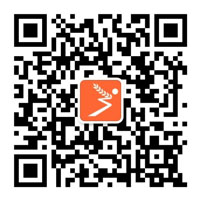
Support care cancer: cleaning the irradiated skin of patients with nasopharyngeal carcinoma can reduce the occurrence and severity of acute radiation dermatitis
Abstract:Recently,arandomizedtrialpublishedonsupportcarecancerexploredtheeffectsofvariouscleaningmethodsontheskinofpatientswithnasopharyngealcarcinoma(NPC)withacuteradiationdermatitis(RD).Atotalof168hospitaliz
1、All the information in this website is available on the Internet, and all of them contain the original text or the source of quotation. You can check the original text;
2、The information on this website is only for learning and popular science, not for any other purpose. Please read it rationally;
3、If the information contained in this website violates your rights, please contact us, we will delete it at the first time, and thank you for your prompt;;
Course of literature review methods:
1、Open the information of the website, where there is the reference source of the information, and click open;
2、Read or download the literature online, most of which are charged. Please download according to your needs and abilities;
3、Baidu search sci-hub, then you can get unexpected download method;
4、Literature Translation: you can easily read the literature by using the "Zhiyun" literature tool;
5、Online English Literature: you can use Baidu translation and other translation tools, or use "copytranslator" to read online more conveniently;
Famous medical literature databases at home and abroad:
Open The Tool
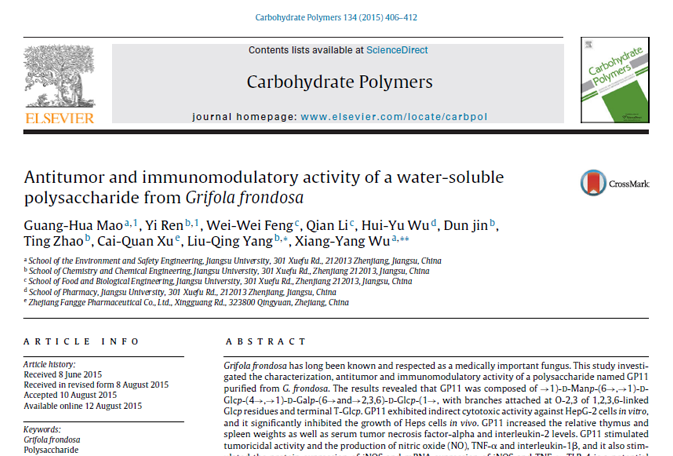
-
Antitumor and immunomodulatory activity of a water-soluble polysaccharide from Grifola frondosa
Antitumorandimmunomodulatoryactivityofawater-solublepolysaccharidefromGrifolafrondosa
Research2021-09-08

-
Braised chicken with Maitake and potatoes
Accordingtoscientificresearch,potatoesarerichinvitaminC,plantprotein,carotenoidsanddietaryfiber.Aftereating,theycangreat
Nutrition2021-09-04
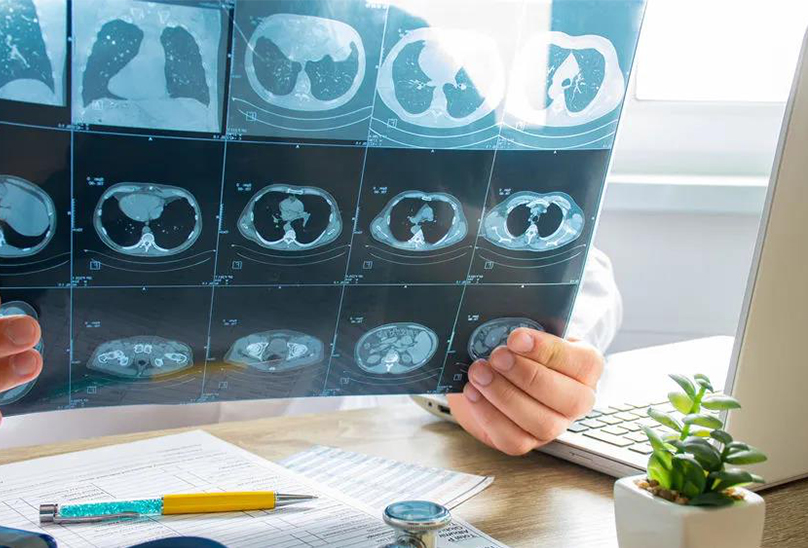
-
Do you need surgery to find ground glass nodules in the lungs?
FromthechestCT,theimageofpulmonarygroundglassnodulesissimilartogroundglass,presentingcloudlikeround,quasiroundlesionsori
iHealth2021-08-25

-
Mushroom has been listed in the best human diet, which can increase muscle, fight cancer and protect
Mushroomhasbeenlistedinthebesthumandiet,whichcanincreasemuscle,fightcancerandprotectheartandbrain!Eatlikethis,letyoueatg
iHealth2021-08-20
Research / D-Fraction / Experts
- Soluble β-glucan from Grifola frondosa induces proliferation and Dectin-1/Syk signaling in resident macrophages via the GM-CSF autocrine pathway
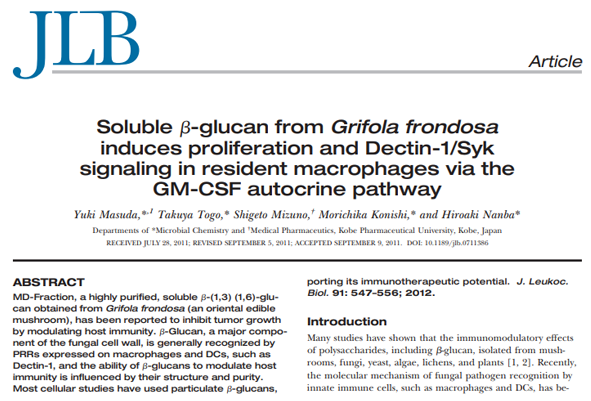
-
Solubleβ-glucanfromGrifolafrondosainducesprolifer
Research2022-01-12
- Enzymatic extraction of Polysaccharide from submerged fermentation mycelium of Maitake and its antitumor effect
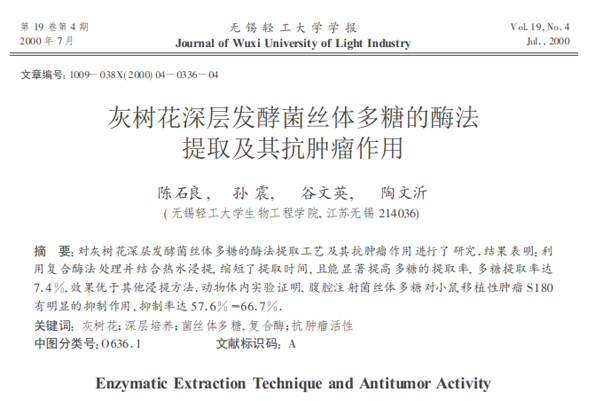
-
Title:灰树花深层发酵菌丝体多糖的酶法提取及其抗肿瘤
Research2022-01-06
- Enhancement of in vitro and in vivo anticancer activities of polysaccharide peptide from Grifola frondosa by chemical modifications
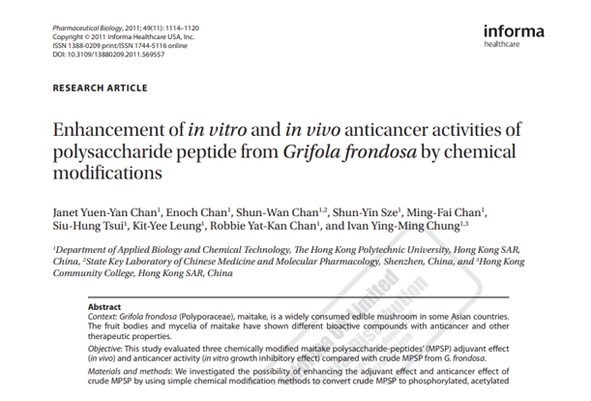
-
Enhancementofinvitroandinvivoanticanceractivitieso
Research2021-12-28
Maitake News
- Maitake Mushroom: Nutrition, Health Benefits, Side Effects and Recipe
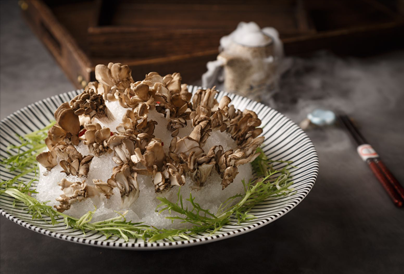
-
Medicinalmushroomiswell-knownforitsincrediblehealt
Reports2021-01-07
- Maitake D was extracted for the first time by Hiroaki Nanba Group
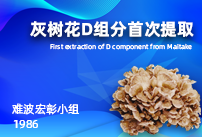
-
HiroakiNamba,aprofessoratKobePharmaceuticalUnivers
Reports2020-12-29
- KINGMUSOWER New Product Launch Conference and Million Donation Launch Ceremony was grandly held in Hangzhou International Expo Center, the main venue of G20

-
2017年6月11日,由杭州麦特健康管理公司主办的“健康管
Reports2020-12-25
Appliance
Maitake Culture
- The first China (Qingyuan) Maitake festival signed a sales order for 1,700 tons of Maitake

-
OnApril30,thesigningceremonyofthefirstChina(Qingyu
CloseTo2021-01-05
- Wu Kedian, the modern Wu Sangong: dealing with mushrooms all his life, making the small mushroom umbrella of mountain city a big industry
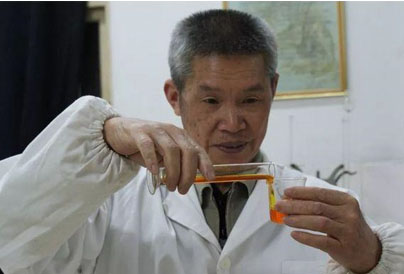
-
InlateSeptember2019,theoutstandingfiguresoftheLish
CloseTo2021-01-04
- Fully guarantee the epidemic prevention and production of Maitake industry! Huangtian Town launches
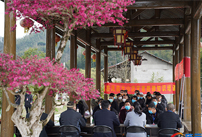
-
HuangtianTownistheHometownofMaitakeinChina.Here,th
CloseTo2020-12-25


